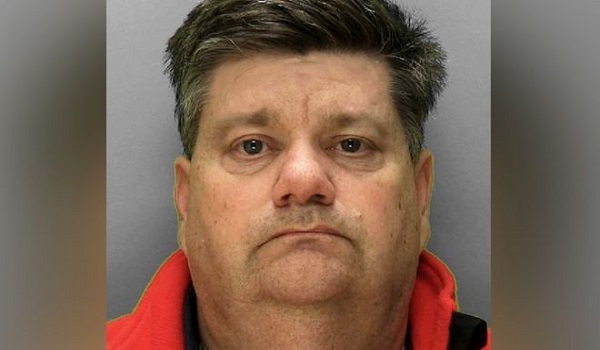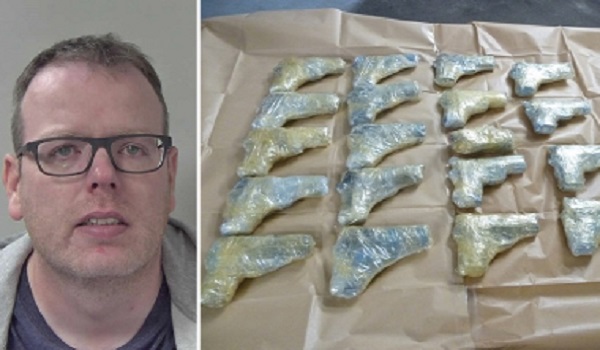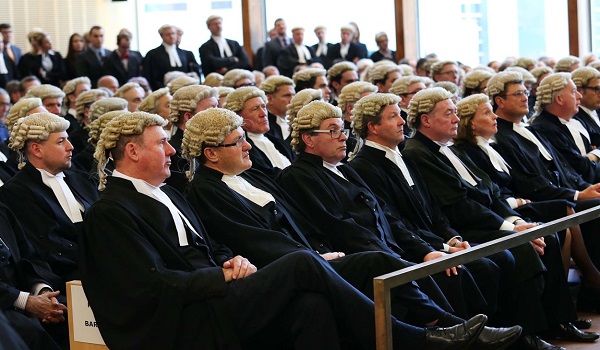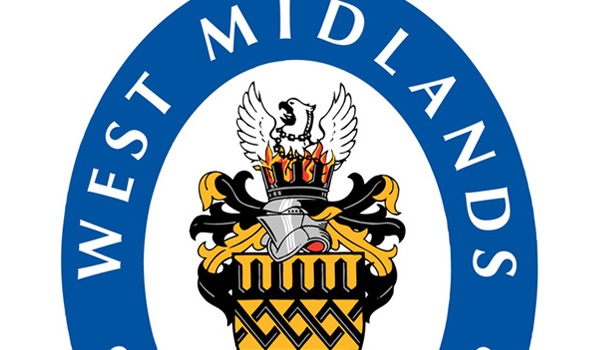MPS ‘slow to learn lessons’ after Operation Midland
The Metropolitan Police Service (MPS) has made slow progress in learning the lessons that arose from Operation Midland, according to a report published today (March 13) by Her Majesty’s Inspectorate of Constabulary and Fire and Rescue Services (HMICFRS).
Launched in 2014, Operation Midland investigated allegations against senior MPs and other members of the establishment, and led to raids on the homes of several high-profile individuals, including D-Day veteran Lord Bramall, the late Lord (Leon) Brittan and former MP Harvey Proctor.
The allegations, made by fantasist Carl Beech included the rape, torture and murder of boys in the 1970s and 1980s. The allegations were eventually proved to be entirely false and Beech is now serving an 18-year prison sentence for 12 counts of perverting the course of justice and one count of fraud.
The HMICFRS report found that the MPS had initially not done enough to learn from the mistakes identified in an independent report into Operation Midland compiled by retired High Court judge Sir Richard Henriques, adding there were things the MPS “could and should have done” when it received the report on October 31, 2016.
However, HMICFRS said the force only properly began implementing the recommended changes much more recently.
In its response to the review, the MPS it was “determined to ensure that the mistakes of Operation Midland can never happen again. We set about implementing many of Sir Richard Henriques’ recommendations immediately,” it added.
“We note the criticism in the report by HMICFRS that despite some initial good work more could have been done after Sir Richard’s report was received.
“However, the MPS was deliberately cautious so as not to impact on the ongoing criminal investigations into Carl Beech by Northumbria Police or the independent investigation by the Independent Office for Police Conduct (IOPC) into the conduct of our officers.
“HMICFRS also notes in its report several recommendations required national implementation, which was beyond our remit.”
HM Inspector of Constabulary Matt Parr said the Henriques report made “uncomfortable reading” for the MPS and it had been slow to learn the lessons.
“It’s partly because the recommendations in the report could apply to other police forces too; the Met tried to progress them nationally, with limited success and without enough attention internally. I’m pleased to see that, since October 2019, the force has been taking bolder steps to learn the lessons.”
“Most of our recommendations are for changes to training material, policies and guidance. This is so that the lessons spelt out in the Henriques report become part of the police’s ‘corporate memory’, and the risks of another Operation Midland – although small – can be avoided in the years to come.
“We were also asked to look at the concept of ‘belief’ which was so controversial in the Operation Midland case. We found that most officers understand what’s expected of them – that they record the crime allegation then investigate it impartially – but a small minority don’t. We’ve recommended further clarification of the Home Office’s crime counting rules.”
Mr Parr added that the police have a responsibility to encourage victims to come forward – “and that means creating a sense of public confidence that complaints will be taken seriously”.
“Once an investigation is underway, however, it is essential that the police approach it with an open mind,” he said.
The HMICFRS also took into account the subsequent IOPC’s Operation Kentia investigation report into the conduct of five officers who worked on those cases.
HMICFRS was specifically asked to comment on the MPS’s:
- Decision-making in investigations (including the concept of ‘belief’ in complainants at the point of recording crime allegations and thereafter);
- Use of search warrants;
- Supervision and reviews of investigations; and
- Provision of information to complainants, suspects, the media and other parties during criminal investigations.
The report includes recommendations for the force, which may be relevant to other police forces. There are also recommendations for the Home Office, the College of Policing and the Ministry of Justice.
Last week, IOPC Director General Michael Lockwood said the public can have “real confidence” that issues identified during its Operation Kentia, and more widely following Operation Midland, have been “taken seriously”.
He said: “These changes will strengthen the way the MPS manages search warrant applications and it is encouraging they have taken prompt action to ensure mistakes are not repeated.”
The MPS said the report “recognises the extensive work” that is taking place in response to reports by Sir Richard Henriques and the IOPC.
“A significant programme of organisational improvement is under way, led by a dedicated team known as Operation Larimar,” it added.
“These changes affect officers of every rank and will improve the quality of investigations and the safeguards around search warrants in thousands of cases every year.
“In order to meet best operational practice and to ensure the judiciary and public have confidence in the way the MPS deals with search warrants, training is being delivered to more than 24,000 frontline officers as well as every new recruit and transferee. Every inspector who authorises warrant applications will have been trained within weeks.”
The MPS said Operation Larimar was part of its “wholehearted commitment” to learning lessons and embedding the best possible practices.
MPS Commissioner Cressida Dick said: “Operation Midland had a terrible impact on those who were falsely accused by Carl Beech. The previous Commissioner and I have apologised to them and I repeat that apology again today.
“The MPS took Sir Richard’s report extremely seriously and quickly recognised that many of the recommendations would affect policing nationwide.
“However, the Inspectorate believe more work should have been done between the initial response and our current renewed focus following the conviction of Carl Beech and the conclusion of the IOPC investigation.
“In October 2019 I set up Operation Larimar, led by a senior officer reporting directly to me. This structure is ensuring we make ongoing progress and continue the significant momentum in our current work.
“The Inspectorate’s recognition of the comprehensive work under way should reassure everyone we have learnt the lessons from Operation Midland and the same mistakes would not be repeated.”
The HMICFRS report praises the “effective leadership and oversight” of Operation Larimar and highlights how officers dealing with similar allegations have “clearly learned” from Operation Midland.
Inspectors said “poor decision-making of the kind seen in Operation Midland was unlikely to be repeated in the future”.
On the decision to commission Sir Richard and publish his report, HMICFRS said: “These are the actions of a public institution seeking to behave in an open way, and not hiding its failings.”
In addition to extensive work to deepen the knowledge of officers’ understanding of search warrants, the MPS said action has been taken on a number of other areas of learning highlighted in the report.
On the subject of ‘belief’, it has worked with the College of Policing and National Police Chiefs’ Council to arrive at an agreed position. “This states clearly that we ‘will believe a victim such that we record the crime allegation. From that point we will investigate impartially, and with an open mind to establish the facts’”, it said.
The MPS has also updated its media policy to “remove any doubt as to whether it is aligned to national standards”. It now fully incorporates the College of Policing’s Approved Professional Practice on Media Relations.
“We note that the HMICFRS’s report encourages all chief constables to examine their training, guidance and policy material. We are committed to working with others to share our learning and to make progress against the recommendations affecting policing nationally,” it added.
The MPS said it also notes the recommendations in the HMICFRS report and will give them serious consideration in the coming weeks as part of the work of Operation Larimar.
Responding to the report, David Tucker, Head of Crime at the College of Policing, said: “It is fundamental that the rules governing the recording of crime are clear, with no confusion for officers, staff or the wider public.
“Impartiality is the cornerstone of British policing and officers must approach the investigation of all crime with an open mind – any perception that impartiality has been eroded can damage police legitimacy and undermine investigations. The public has to trust the police, otherwise, there is a risk that those reporting crimes will no longer come forward, which is why it is encouraging to see that both impartiality and the belief in victims remain an important aspect of the Metropolitan Police Service’s review.
“It is vital that decisions on crime recording are taken with a broad view about the impact changes might have. The increase in victim’s confidence in police responses to allegations of crime should be supported and improved. We know that the reporting rates for sexual offences, domestic abuse and other very personal and intimate crimes have increased.
“Reviews and reports have indicated that the number of these types of crimes are not increasing but that victims are more willing to report them to police. When a victim doesn’t report their experiences, they may not be able to get the help they need and a person who may be guilty of serious crime is permitted to carry on their lives without their behaviour being addressed, creating risk for communities.
“All those involved in the process of recording and investigating crimes need to be clear that a victim is believed for the purposes of recording a crime, unless there is evidence that the incident didn’t happen. Thereafter, an impartial investigation should follow. We will continue to communicate this position to the police service so that it is clear to officers and staff. We will also consider the recommendations made in regards to the College and amend the Authorised Professional Practice accordingly.”







